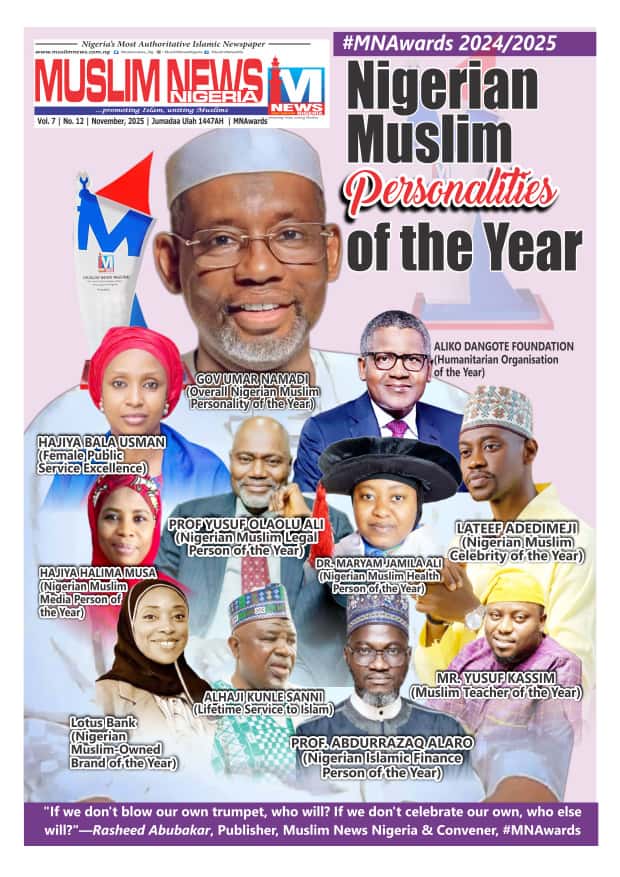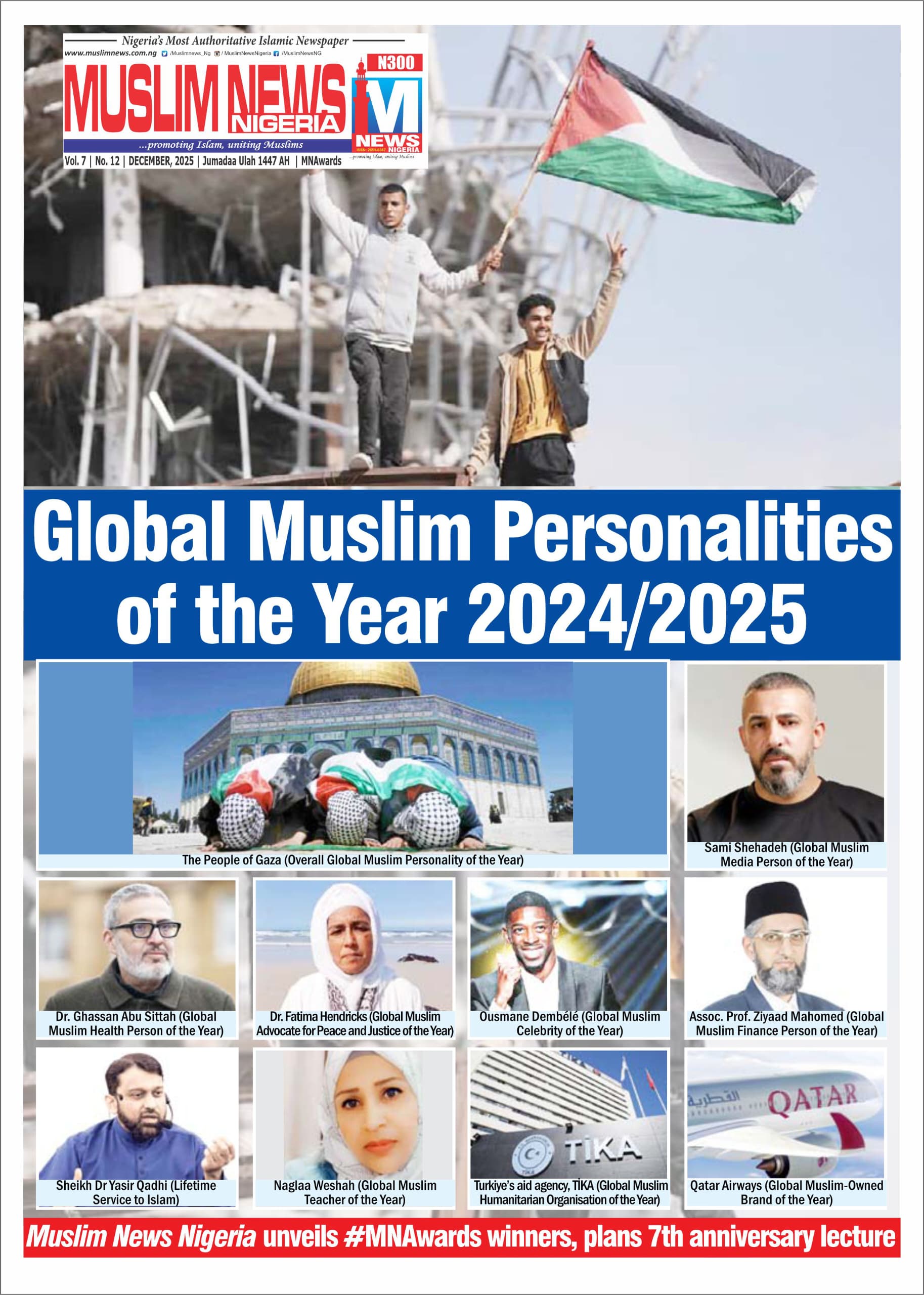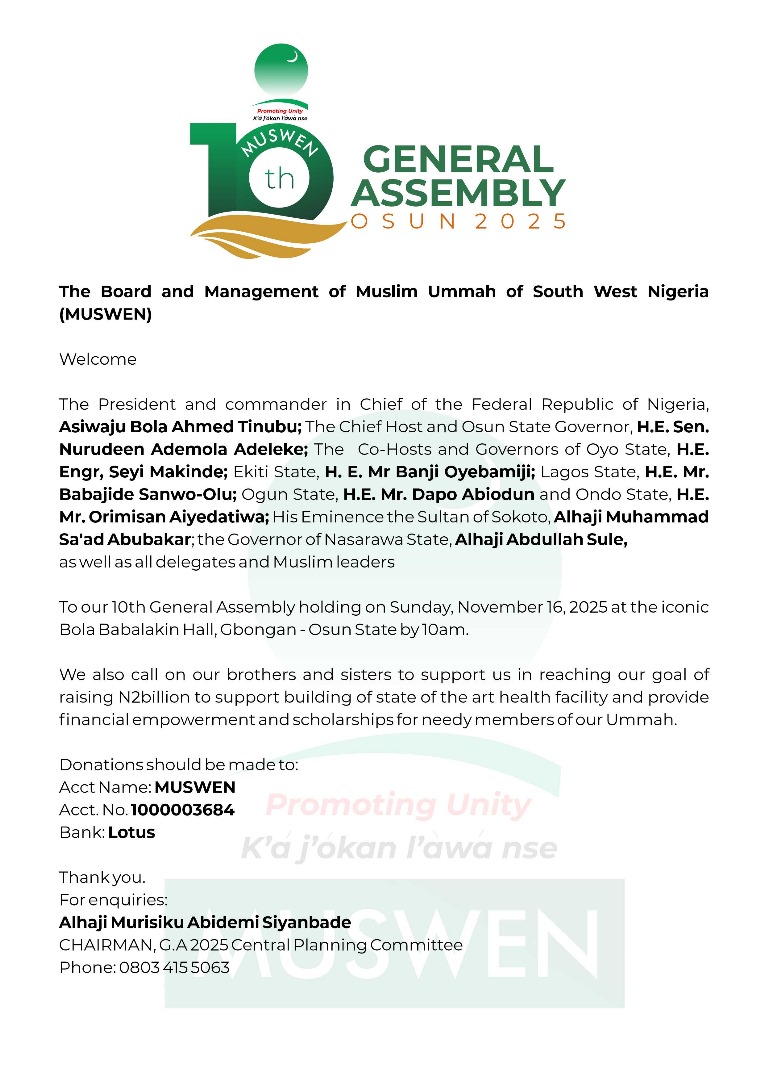The Lagos State Chapter of the Muslim Rights Concern (MURIC) has issued a strong appeal to the Joint Admissions and Matriculation Board (JAMB) and the management of Caleb University, Imota, Ikorodu, Lagos State, over alleged victimization of Muslim female candidates wearing the hijab during the ongoing 2025 Unified Tertiary Matriculation Examination (UTME).
According to MURIC, disturbing reports have emerged that Muslim candidates at the Caleb University CBT centre are being compelled to remove their hijabs before being allowed to sit for the examination — a development the group describes as “unconstitutional and unethical.”
In an urgent statement, Dr. Busari Jamiu Muhammad, Chairman of MURIC Lagos, declared: “The attention of the Muslim Rights Concern (MURIC) Lagos State Chapter has been drawn to allegations that Muslim Hijabi candidates who are writing the ongoing JAMB UTME 2025 are being victimized and forced to remove their hijab before writing the examination at the Caleb University, Ikorodu, Lagos State.”
MURIC expressed deep concern over the infringement on the religious rights of the affected candidates and called on relevant authorities to intervene immediately.
“Unequivocally, we are sending SOS to the hierarchy at the JAMB office in Abuja and Lagos office as well as the management of Caleb University and those handling the CBT centre at the institution to stop this unconstitutional and unethical behaviour which contravenes the JAMB regulations of conducting the exam as well as the 1999 Constitution of the Federal Republic of Nigeria.”
Dr. Busari further emphasized that wearing the hijab does not in any way violate the rules governing the UTME: “All eligible candidates who adorn hijab are not contradicting the ethos and ethics of UTME and as such must not be denied and victimized during the examination.”
In conclusion, MURIC issued a stern warning to Caleb University: “This is an appeal and SOS to the Caleb University to do the needful to avert legal action against the institution.”
The call has ignited conversations about religious freedom, examination protocols, and the responsibility of institutions to uphold constitutional rights in Nigeria.







